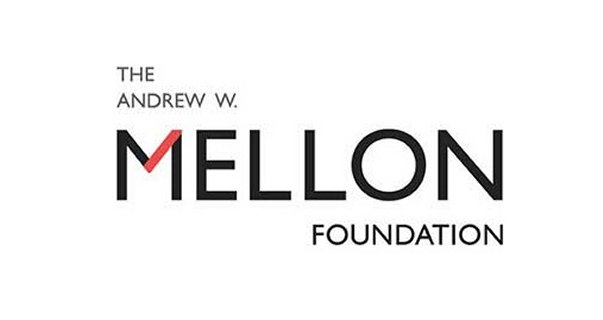 A $100,000 grant, awarded to Elizabethtown College by the Andrew W. Mellon Foundation, will help ensure the value of a humanities education in an increasingly technology-driven world. The grant supports innovative student-faculty engagement in the humanities, including undergraduate research, internships and interdisciplinary study.
A $100,000 grant, awarded to Elizabethtown College by the Andrew W. Mellon Foundation, will help ensure the value of a humanities education in an increasingly technology-driven world. The grant supports innovative student-faculty engagement in the humanities, including undergraduate research, internships and interdisciplinary study.
In applying for and awarding the grant, Elizabethtown College and the Mellon Foundation recognize that the humanities are educationally relevant.
“The understands that the humanities are central to understanding human culture, our global world and artistic achievement,” said Carl J. Strikwerda, president of Elizabethtown College. “This generous grant … will help Elizabethtown College to strengthen its humanities departments in innovative ways, increase the number of students earning degrees in the humanities and aid all of our students in gaining an appreciation of humanistic inquiry.”
The Andrew W. Mellon Foundation understands that the humanities are central to understanding human culture, our global world and artistic achievement.”
There are five Mellon grants made available each year for liberal arts colleges; Elizabethtown was awarded the Higher Education and Scholarship in the Humanities grant.
The two-year program designed to strengthen the humanities through the creation of a Humanities Challenge and a Cultivating Humanities programs, will enable faculty members to create exciting cocurricular programming that seamlessly weaves the humanities into student activities and, in doing so, increases the number of students majoring in the humanities and raises the visibility of humanities across campus.
“The Mellon Humanities Grant is an exciting opportunity, which we believe will generate a tremendous amount of interest and activity in the humanities at Elizabethtown,” said Fletcher McClellan, Dean of Faculty at the College. “We have strong programs in the arts and humanities, but they are overshadowed by pre-professional majors. To their credit, the faculty in pre-professional areas attribute much of their programs’ success to the intellectual development provided by courses in the liberal arts. However, traditional humanities departments struggle to present clearly and share effectively the value of liberal education and the positive outcomes their students achieve.
“The Mellon grant,” he said, “will provide faculty in the arts, humanities and humanities-related social sciences with the tools and resources needed to raise the visibility and quality of humanities studies on campus.”
The humanities – the study of how people interpret and document the human experience – includes philosophy, literature, religion, art, music, history and language. Humanities helps us feel connected to those who came before us as well as those presently with us.
“This grant, built upon the foundations of both a matching funds program and the model of a fantastic humanities colloquium, will enable our College to bring greater focus and prominence to the quality and sophistication of the liberal arts experience,” said Jesse Waters, director of Elizabethtown College’s Bowers Writers House and a lecturer in English.
The Andrew W. Mellon Foundation was formed in 1969. By the end of 2013, the total endowment of the Mellon Foundation was approximately $6.1 billion with annual grant making appropriations at approximately $235 million. The Foundation endeavors to strengthen and promote contributions of the humanities and the arts by supporting exemplary institutions of higher education and culture.
According to the Foundation website, the “Liberal Arts College sector of the Higher Education and Scholarship in the Humanities program helps institutions respond to the demographic, economic, technological, and competitive challenges facing higher education. In light of the pressures associated with national concerns such as access, diversity, degree completion, cost, career paths, and productivity, our program areas emphasize measures that address faculty development, curricular renewal, pedagogical innovation, and undergraduate research in the humanities.”

